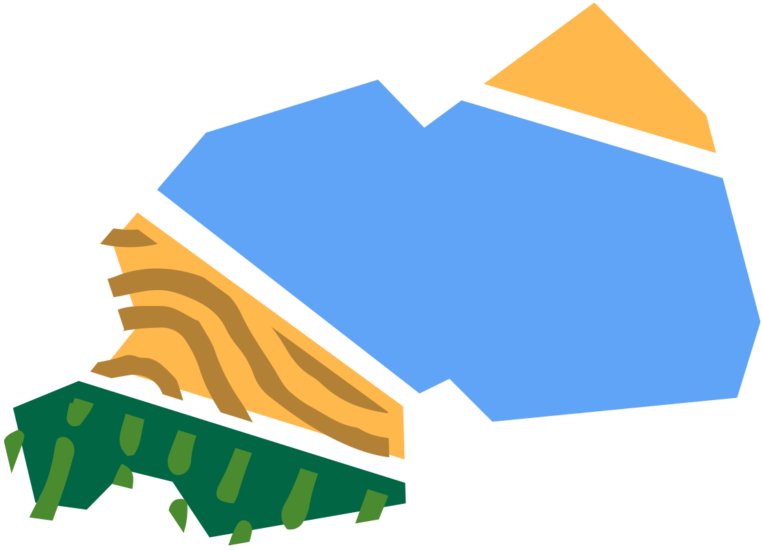Key facts
Rwanda is Link’s newest partner country and our projects so far have focused on the disadvantaged Nyaruguru district. Since 2017 we have worked with the Rwanda Education Board to introduce school performance reviews and community study groups to support the government’s school improvement planning cycle.
District education staff were trained in how to assess schools using our school performance review criteria, and schools were supported to share the results with parents and the wider community. As a result, plans for whole school improvement were developed to meet the needs of all children, including the marginalised and most vulnerable.
This pilot demonstrated significant progress in improving school performance. Between March 2018 and November 2019, schools meeting minimum standards in learner outcomes and attainment doubled from just 40% to over 80%. After only a short time operating in Rwanda, Link’s work has been well received and is becoming embedded locally and nationally with plans to scale activities further.
Link’s holistic model of work is particularly interesting and relevant for Rwanda. Interventions should look at everything that is affecting learning and design models to remove all barriers. Policy should then enshrine effective innovations so that everyone can take the correct action based on evidence.
Eugene Rubeka, Director of School Management Unit, Rwanda Education BoardOur community study clubs are modelled on our successful Family Literacy Project which ran in Ethiopia and Malawi. These after-school groups use fun, participatory game-based exercises to raise literacy and numeracy levels, and are run by volunteers trained by Link.
Learning materials are made out of locally available materials by community volunteers, ensuring local ownership, sustainability, cultural relevance, and gender sensitivity.
In 2019, in partnership with Unicef, we provided the Ministry of Education with technical assistance to redevelop the Framework for Basic Education Quality Assurance (inspection) and training for inspectors and school leaders. This followed our successes with school performance review and our reputation internationally for supporting the development of inspection systems.

